"Our pre-season testing, our preparation, hasn’t been ideal and we’re probably not in the best position for this race but I think it’s a different story when we think about the championship."
That was Sebastian Vettel's opening gambit ahead of the 2014 Australian Grand Prix - as he began his title defence, with his Red Bull team on the backfoot after some troubled running in pre-season testing.
Vettel and Red Bull had been the masters of the old V8 engine formula, but these had been placed on their museum shelf for 2014, to be replaced by high-tech turbo hybrid 1.6L V6 power unit that would bring F1 in line with road car technology with hybrids being all the craze on the roads at the time.
But the new rules had shaken up the pecking order, with Red Bull's engine partner Renault lagging well behind the Mercedes-powered cars, with their Brixworth facility seemingly piecing together the best package, but what of Ferrari?
This was a true leap in the unknown for everyone in Formula 1 - and immediately in first practice, there was a twist.
The Grand Prix weekend
Back in these days, both Friday practice sessions were 90 minutes long, but within just six minutes, Lewis Hamilton ground to a halt on the exit of Turn 10 with a loss in power from the Mercedes.
As he made his way back into the paddock, still fully kitted out with his helmet on, one over-zealous security guard asked him "do you have a pass?" - to which a bewildered Hamilton simply said "I am a driver."
Fernando Alonso topped FP1 before Hamilton bounced back that afternoon for FP2 honours before Nico Rosberg made it a hat-trick of different drivers topping each practice session on Saturday morning - and then, the rain came.
In qualifying, Vettel was dumped out in Q2, only 12th on the grid, as Red Bull debutant Daniel Ricciardo stuck his RB10 on provisional pole, ahead of Rosberg. But Hamilton nipped through to grab the first of six straight Melbourne poles by a couple of tenths.
At lights out, Hamilton's Mercedes power unit shed a cylinder through a spark-plug problem that dropped him to third by Turn 1, and soon put him out as fellow title favourite Vettel soon joined him in an early retirement.
Through the bottle-neck of Turn 1, Kamui Kobayashi lost all the rear brakes on his Caterham and hit the only soft thing he could find - which was unfortunately Felipe Massa's Williams, putting both out on the spot.
Up front, Rosberg cleared off for a dominant win over Ricciardo as McLaren debutant Kevin Magnussen snared a third-place finish.
Unfortunately, as part of the new rules, the 100kg of fuel allowed could only be delivered at a maximum fuel flow rate, and so Ricciardo, who had exceeded this, was thrown out hours after the race, and Jenson Button promoted to third with Magnussen second.
It would be Button's last podium in F1 and Magnussen's last to date as well as McLaren led the Constructors' going into Malaysia after a troubled off-season that featured the departure of several key sponsors, including title partner Vodafone and the ousting of Martin Whitmarsh by Ron Dennis.
By season's end, Mercedes had wiped the floor with the other teams, winning 16 of the 19 races, as Hamilton claimed his second World Championship ahead of Rosberg.
Hamilton/Mercedes would claim every world title on offer between 2014-2020, with the exception of 2016 when Rosberg beat him by five points - and then promptly retired with the Mercedes dynasty falling in 2021 in the controversial Abu Dhabi Grand Prix when Max Verstappen defeated Hamilton.
Most successful drivers in F1 turbo hybrid era
| Driver | Wins | First win | Last win | Titles |
|---|---|---|---|---|
| Lewis Hamilton | 81 | Malaysia 2014 | Saudi Arabia 2021 | 6 |
| Max Verstappen | 56 | Spain 2016 | Saudi Arabia 2024 | 3 |
| Nico Rosberg | 20 | Australia 2014 | Japan 2016 | 1 |
| Sebastian Vettel | 14 | Malaysia 2015 | Singapore 2019 | 0 |
| Valtteri Bottas | 10 | Russia 2017 | Turkey 2021 | 0 |
| Daniel Ricciardo | 8 | Canada 2014 | Italy 2021 | 0 |
| Sergio Perez | 6 | Sakhir 2020 | Azerbaijan 2023 | 0 |
| Charles Leclerc | 5 | Belgium 2019 | Austria 2022 | 0 |
| Carlos Sainz | 2 | Great Britain 2022 | Singapore 2023 | 0 |
| Kimi Raikkonen | 1 | United States 2018 | 2018 United States | 0 |
| Pierre Gasly | 1 | Italy 2020 | Italy 2020 | 0 |
| Esteban Ocon | 1 | Hungary 2021 | Hungary 2021 | 0 |
| George Russell | 1 | Sao Paulo 2022 | Sao Paulo 2022 | 0 |
Have the turbo hybrids been a success?
The intention of switching from the V8 engines was to make F1 an appealing prospect to road car manufacturers, but in the 10 years since they were adopted, the engine rules have only brought one new power unit manufacturer - Honda.
At the 2014 Japanese Grand Prix, Dennis sat down with Sky Sports F1's Martin Brundle, and promised that the Honda unit in development would be "mind-blowing."
Typical Dennis you might say, but he was right, in part as the size zero packaging of the 2015 McLaren proved too tight for Honda's unit, which struggled badly through their three-year partnership, with only a fifth-place in the 2015 Hungarian Grand Prix being its best result.
Perhaps put off by Honda's struggles to start, no new manufacturer has joined F1 under the current rules.
Indeed, for 2026, with an overhaul coming to the power units in the shape of the MGU-H being dropped and beefed up electrical power, F1 has been finally able to attract some of the biggest names.
Honda, after leaving Red Bull in 2021, came half-back in during mid-2022 and has committed to a fully-fledged works operation with Aston Martin for 2026, as Red Bull has also partnered up with Ford in a technical alliance.
Audi is also appeased by the rules and is set to enter for the first time with its own works outfit whilst General Motors was also interested, and would have come in partner, and ultimately, engine supplier, to Andretti if its bid was not rejected, for now, by F1.
Don't miss out on any of the Formula 1 action thanks to this handy 2026 F1 calendar that can be easily loaded into your smartphone or PC.
Download the calenderMost read
In this article
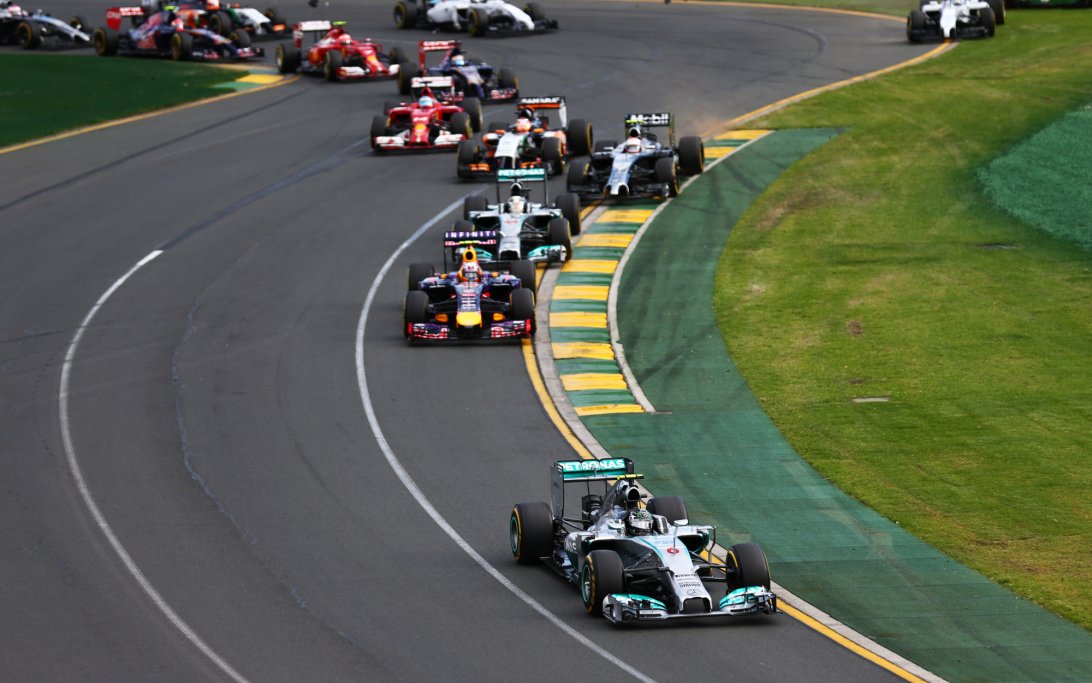
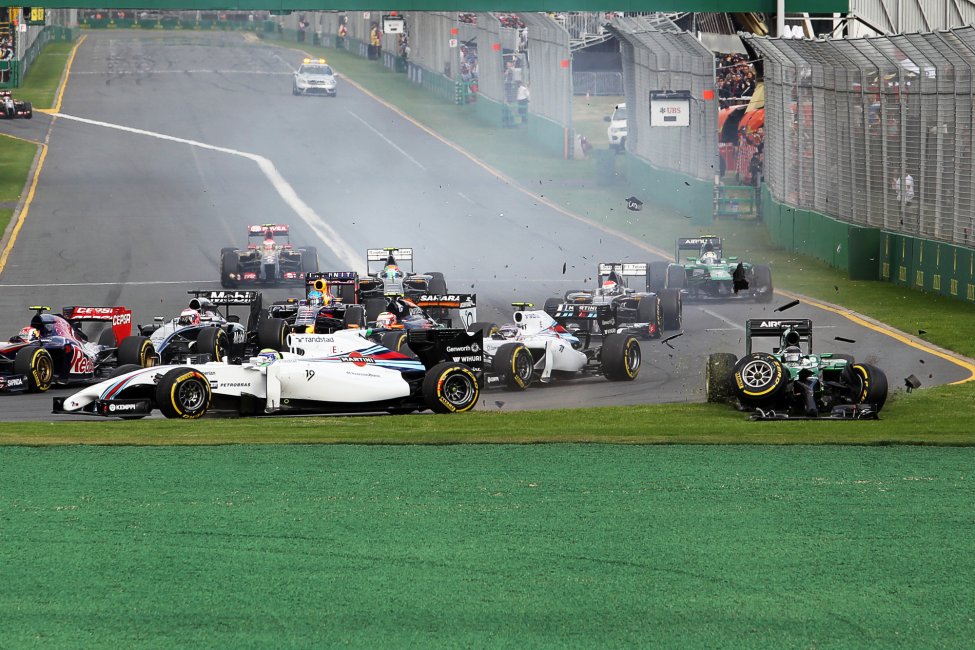
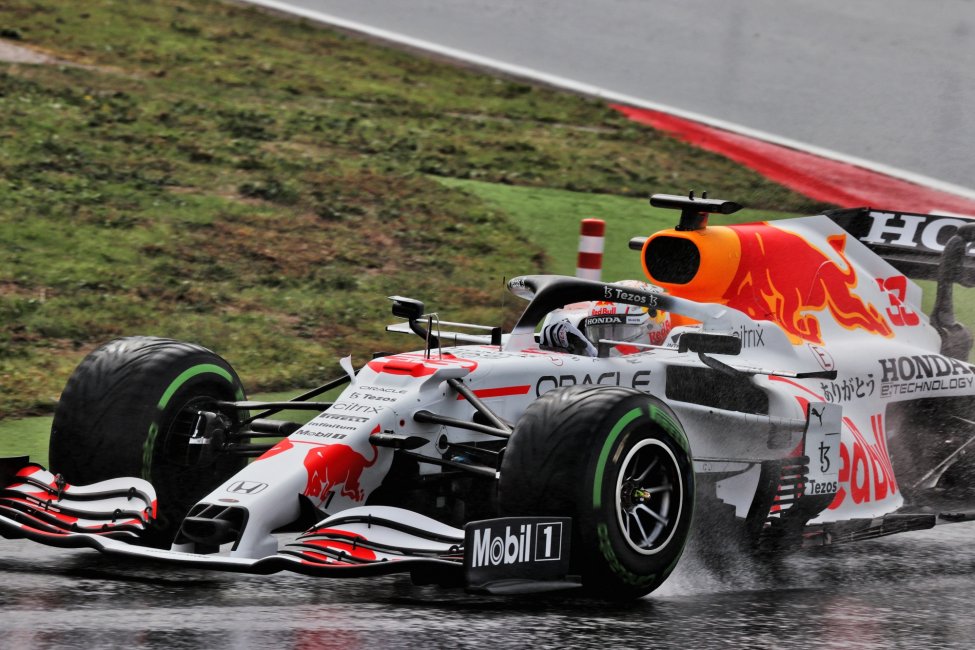
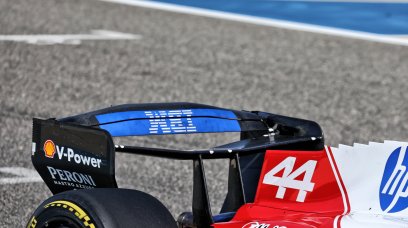
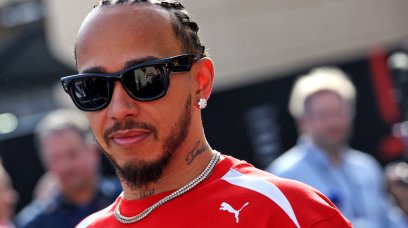
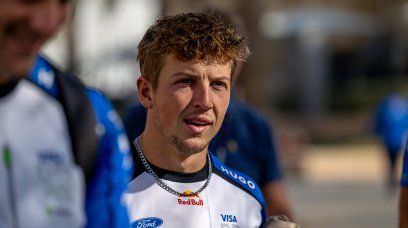
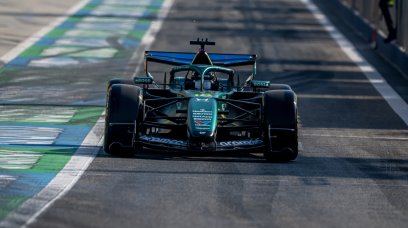
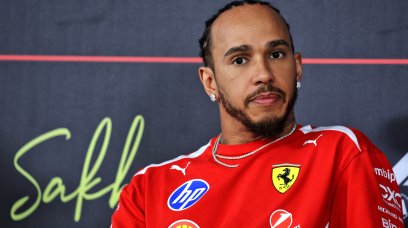
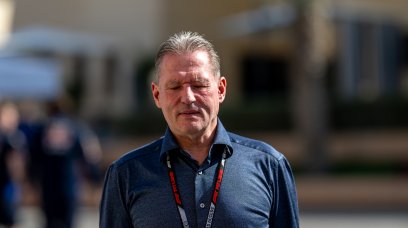
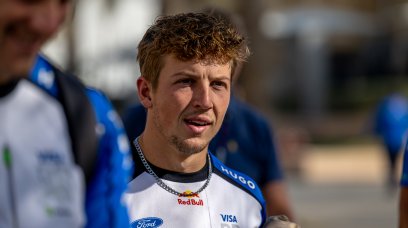
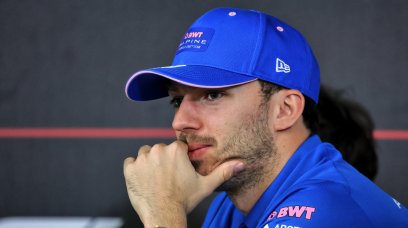
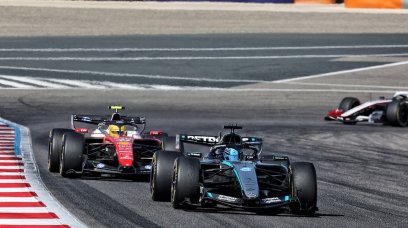
Join the conversation!